Discovering American English can feel like wandering through a linguistic maze, especially with regional idioms that might puzzle outsiders. From New York City’s streets to Appalachia’s hills, each area has its own unique language. Here, we uncover 20 regional expressions from across the United States that might leave you scratching your head or laughing at their quirky charm.
1. “Mad”
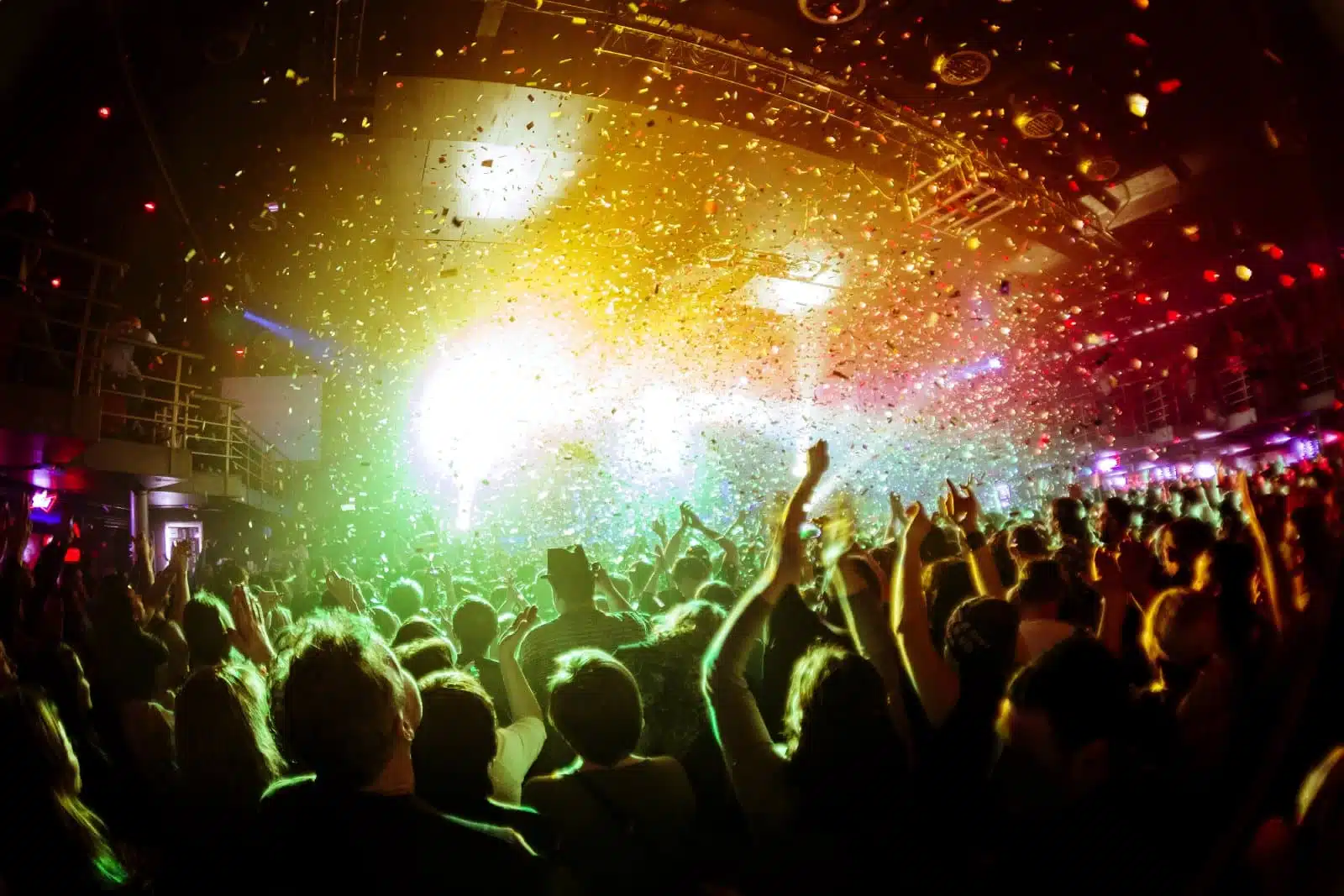
Image Credit: Shutterstock / Taya Ovod
Used in New Jersey and New York to mean “many” or “very.” For example, “That’s mad tight!”
2. “Jawn”
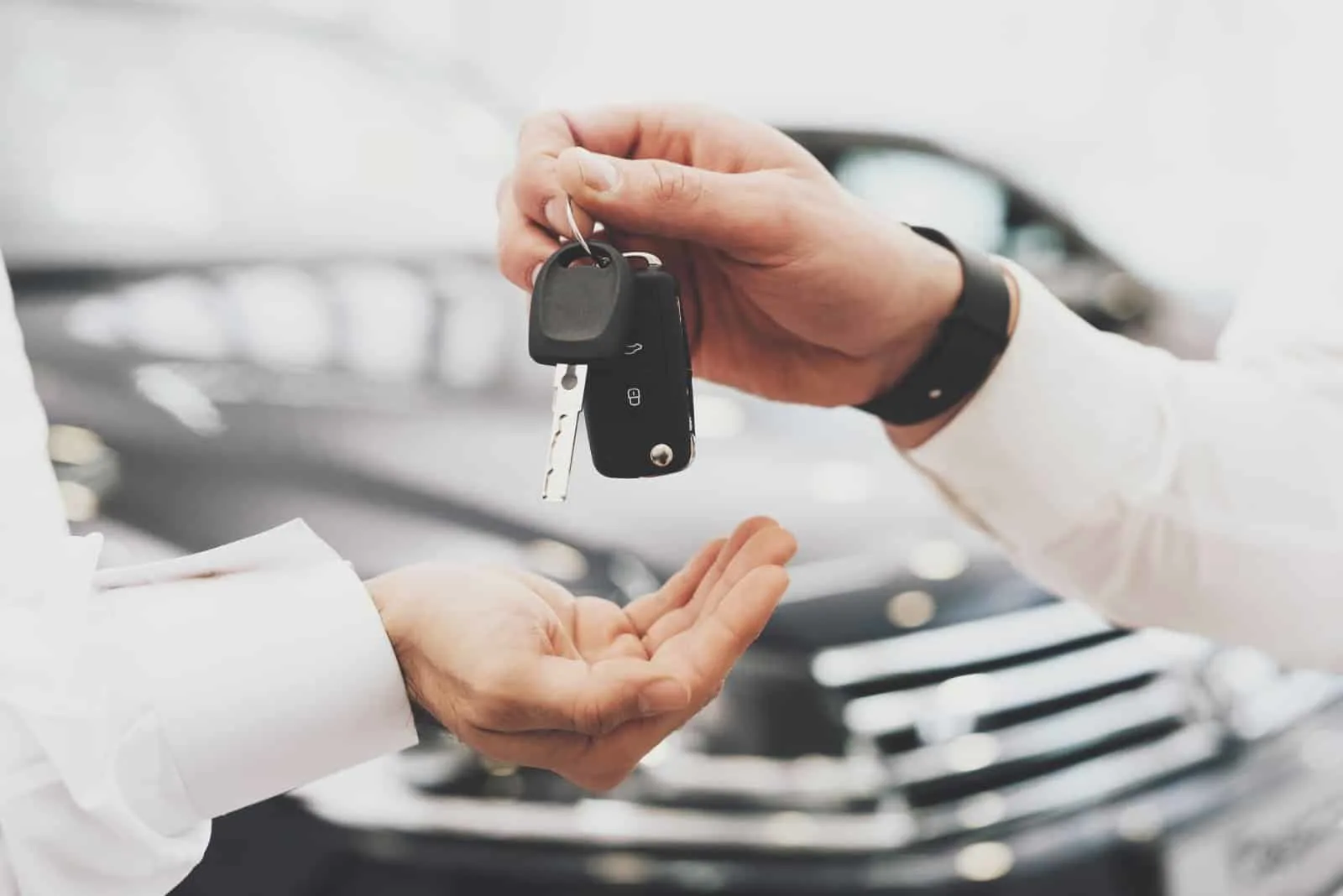
Image Credit: Shutterstock / Freeograph
A versatile term from Philadelphia that can refer to anything. For instance, “Pass me that jawn over there.”
3. “Wicked”
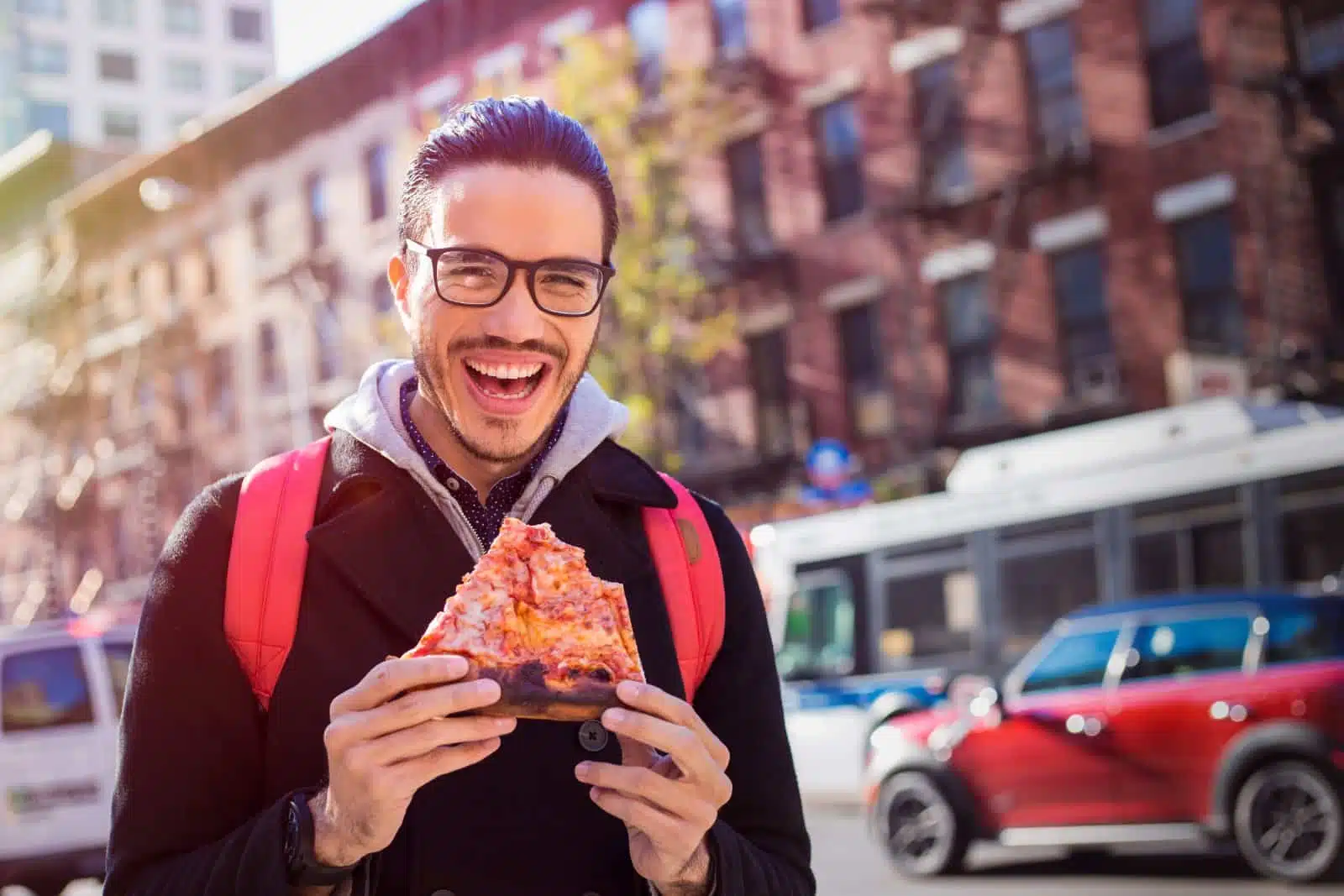
Image Credit: Shutterstock / Luna Vandoorne
Common in New England, especially Massachusetts, as an intensifier similar to “very.” For example, “That pizza was wicked good!”
4. “Nawlins”
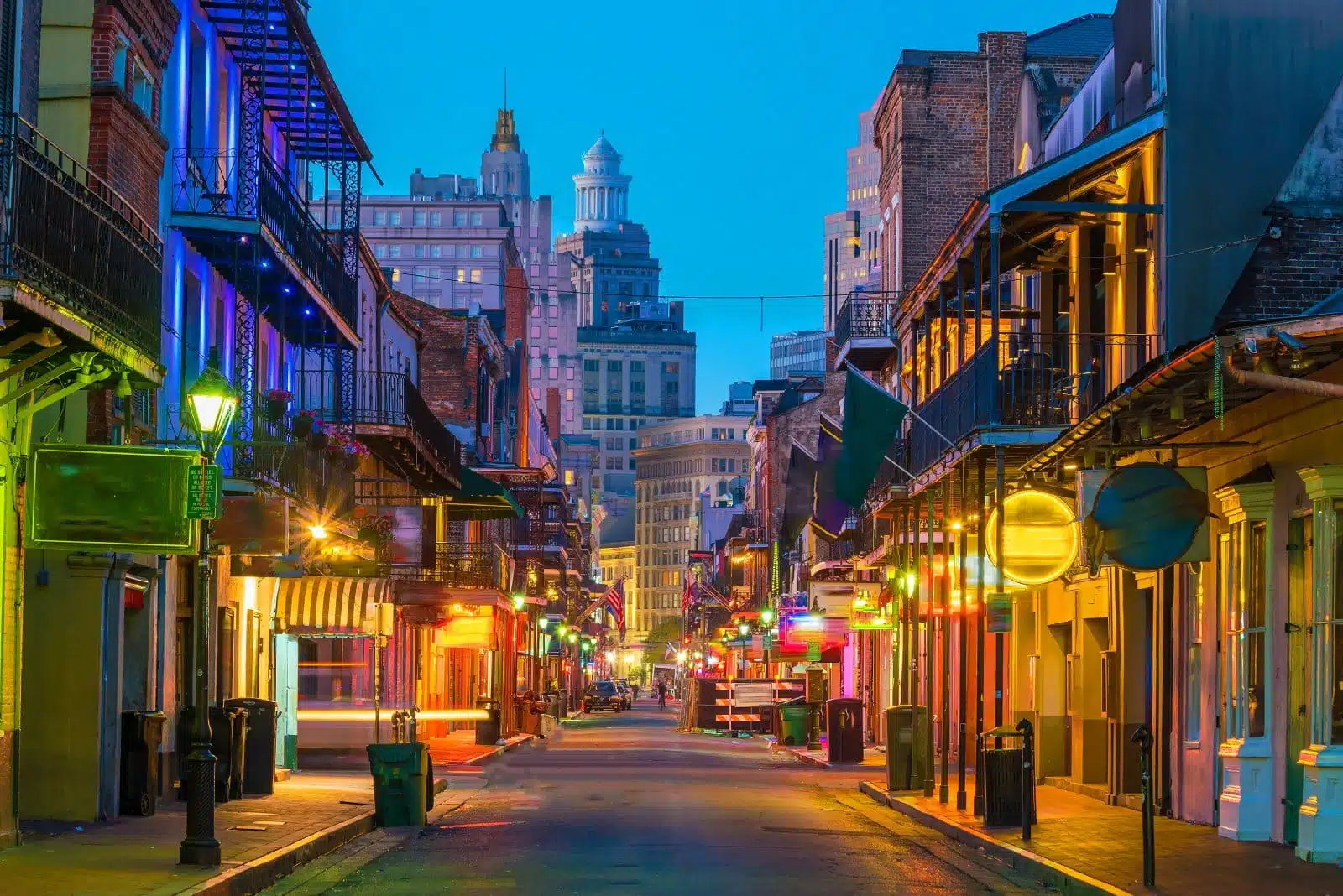
Image Credit: Shutterstock / f11photo
A colloquial pronunciation of “New Orleans,” commonly used in Louisiana.
5. “Hella”
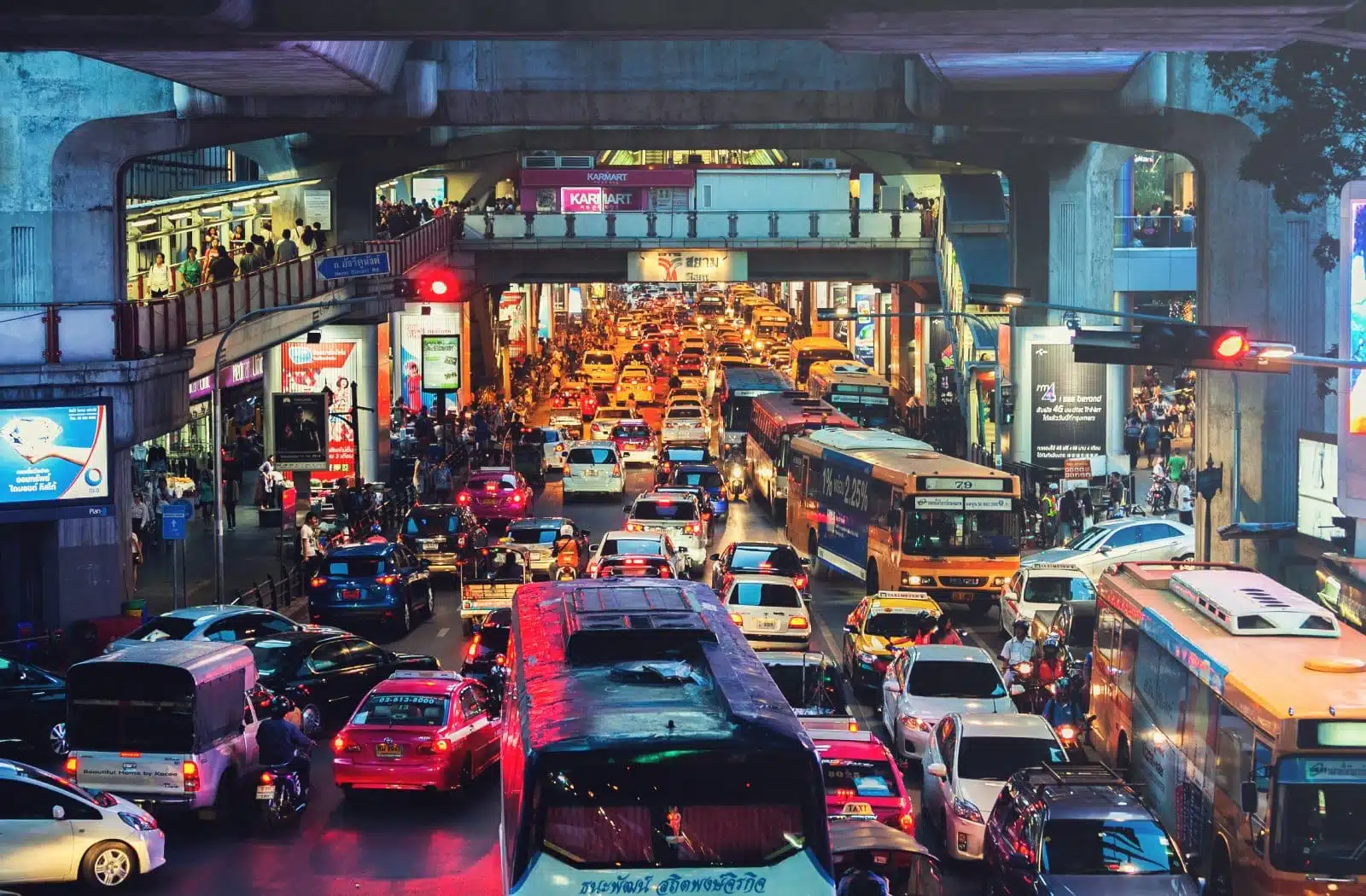
Image Credit: Shutterstock / artapartment
Originating from California’s Bay Area, it intensifies a statement, meaning “very” or “a lot.” For instance, “The traffic was hella bad.”
6. “Slug”
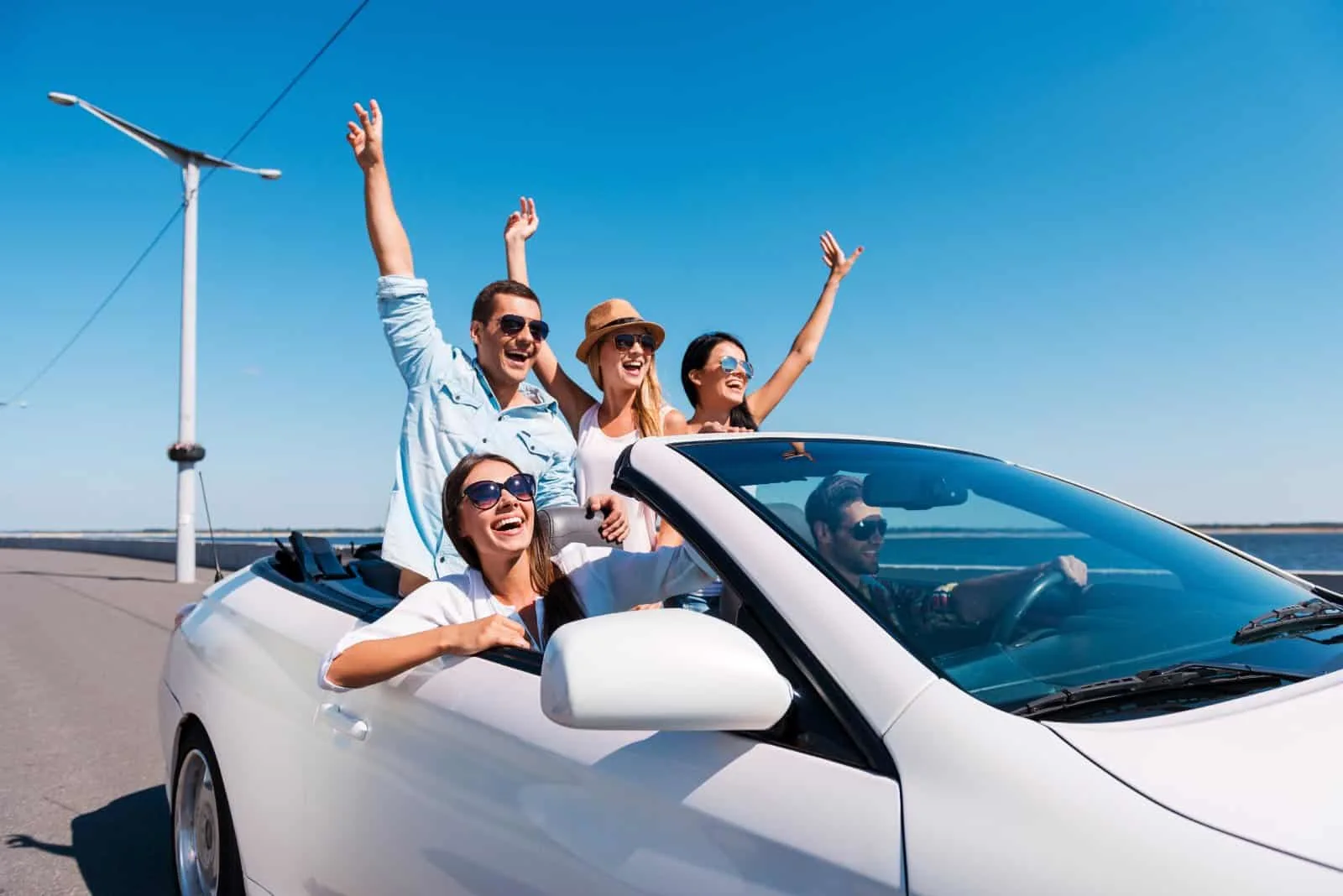
Image Credit: Shutterstock / G-Stock Studio
Used in the Midwest, particularly Chicago, to mean giving someone a ride, especially in a carpool situation. For example, someone might say, “I’ll slug you a ride to work tomorrow,” meaning they’ll give you a lift.
7. “Burk”
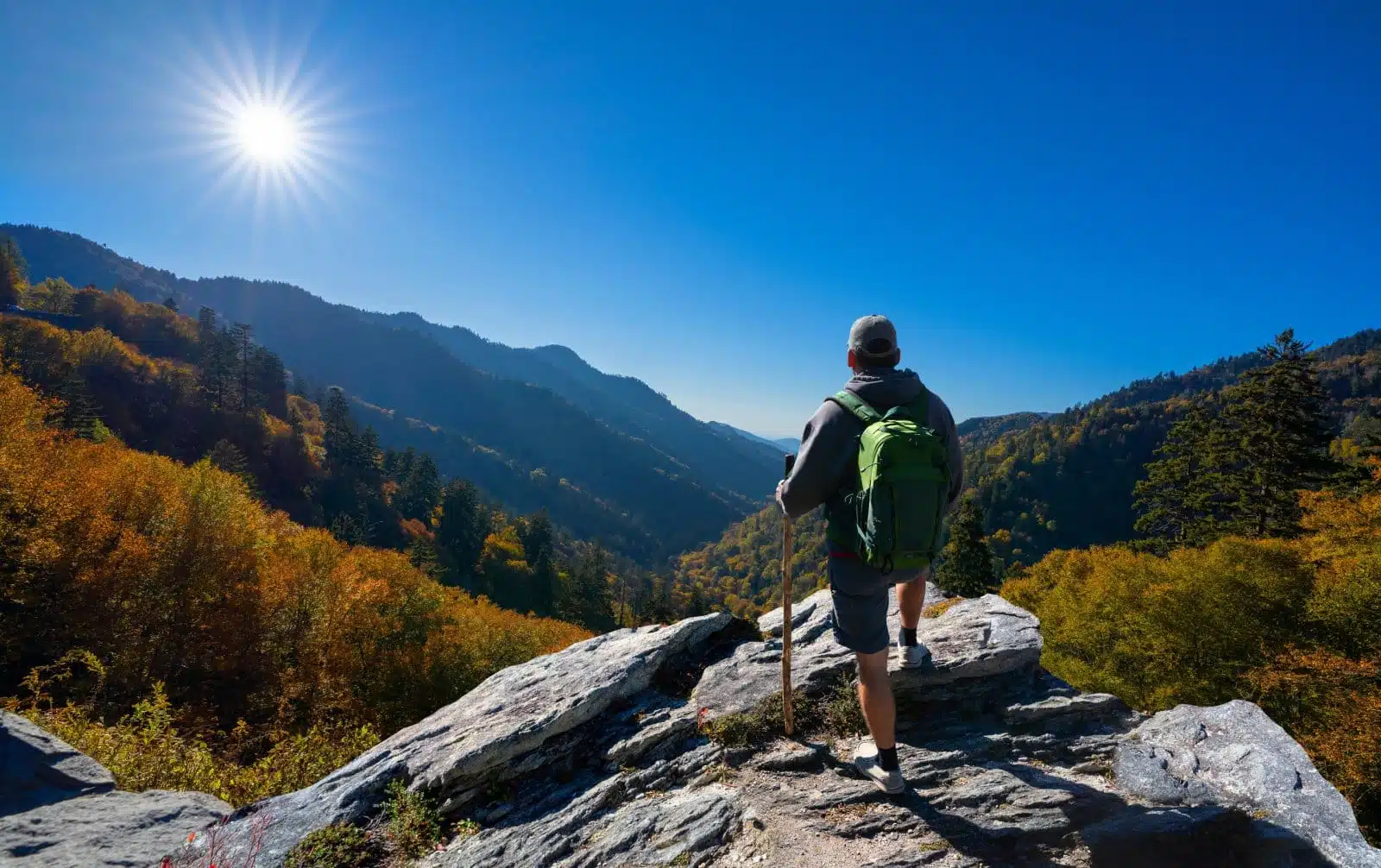
Image Credit: Shutterstock / Margaret.Wiktor
An Appalachian term for a hill or small mountain. In conversation, one might say, “We hiked up the burk to get a better view of the valley.”
8. “Mom’n’em”
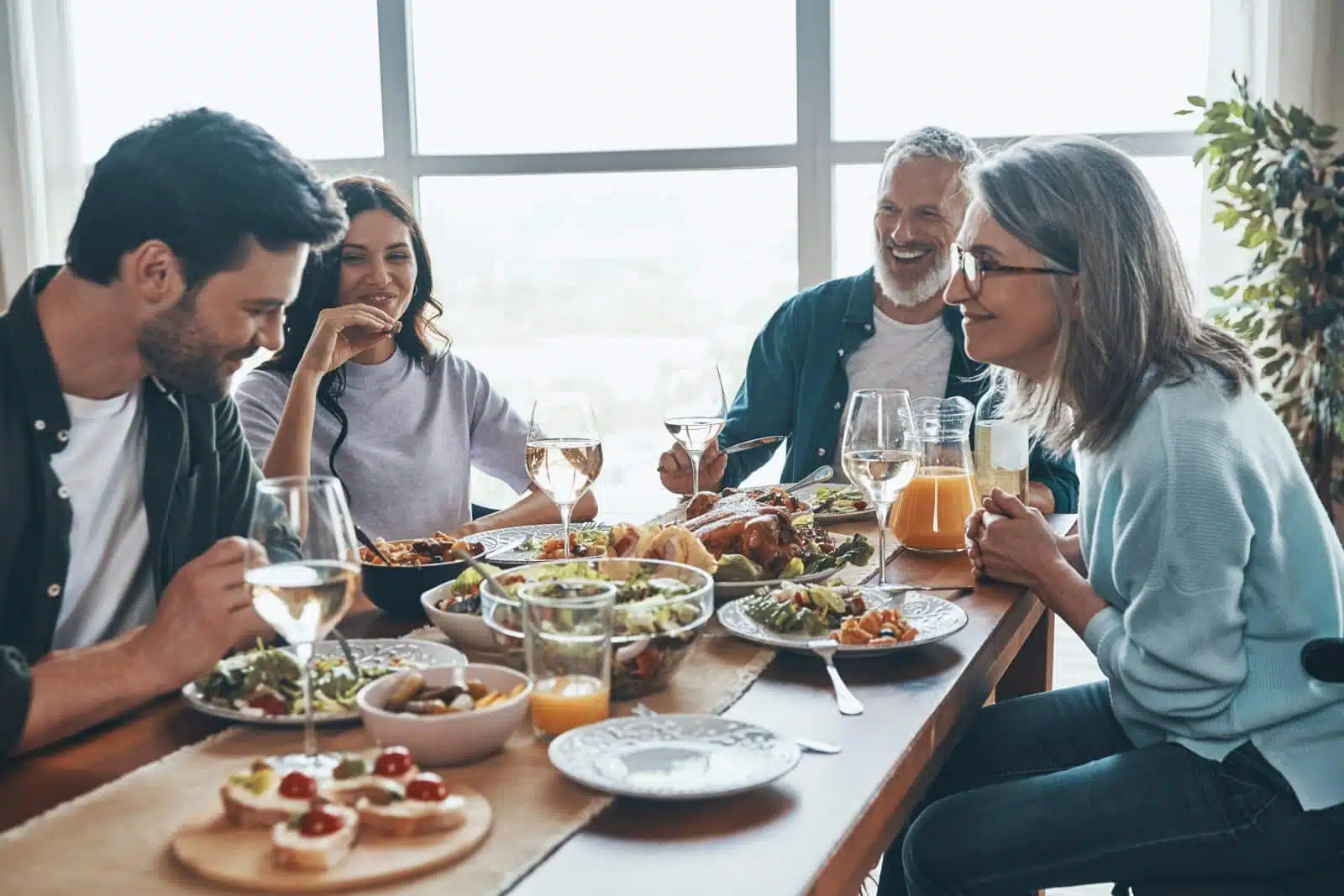
Image Credit: Shutterstock / G-Stock Studio
Common in Louisiana, it refers to family members or close friends. For example, “I’m going to visit Mom’n’em this weekend.”
9. “Y’all”
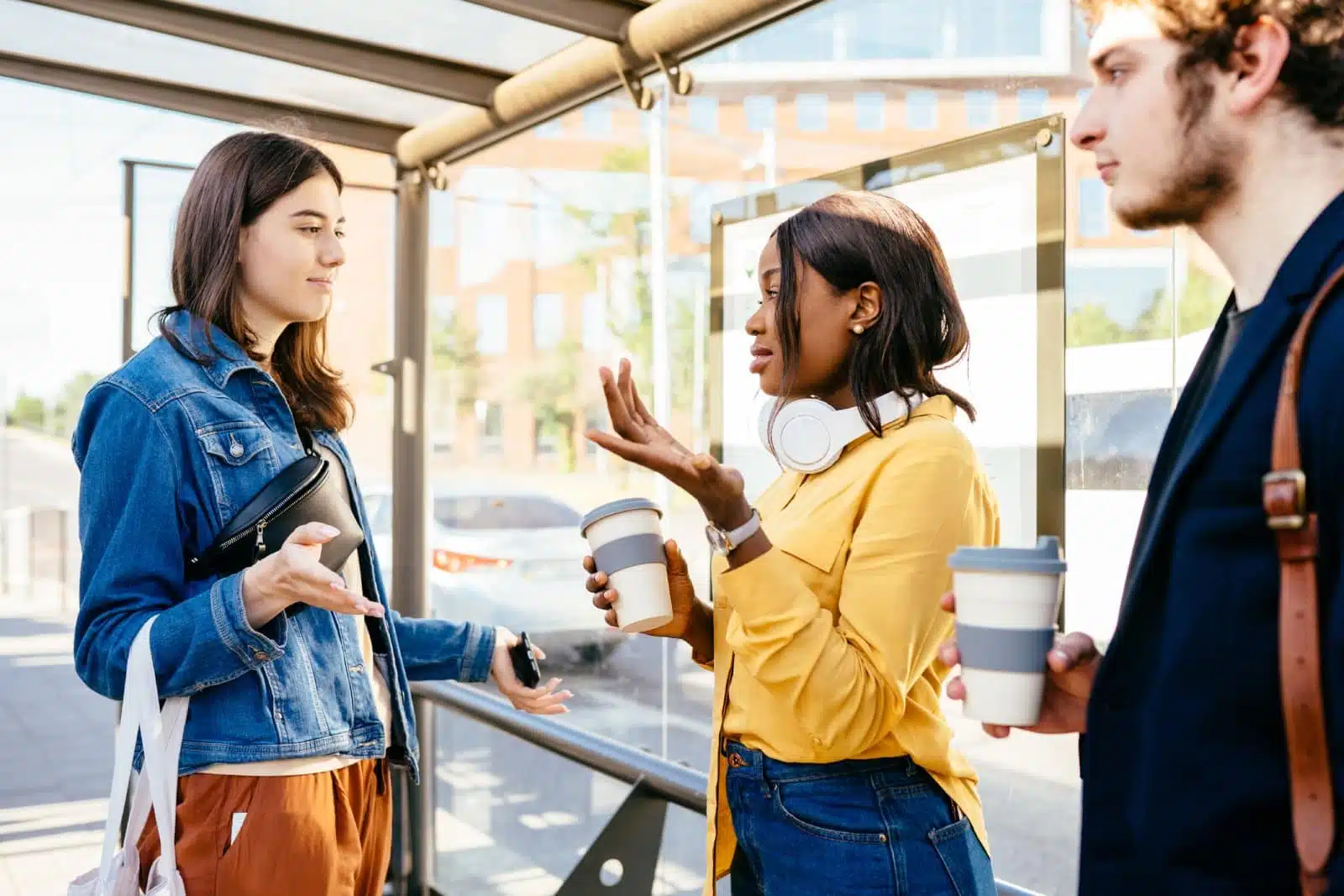
Image Credit: Shutterstock / Iryna Inshyna
A Texas staple, meaning “you all” and used as a plural form of “you.” For example, “Are y’all coming to the barbecue?”
10. “Uff da”

Image Credit: Shutterstock / Monkey Business Images
Heard in the Midwest, especially Minnesota, as an expression of exasperation or surprise. For example, someone might exclaim, “Uff da, that was unexpected!” to convey their surprise at something unexpected happening.
11. “Aloha”
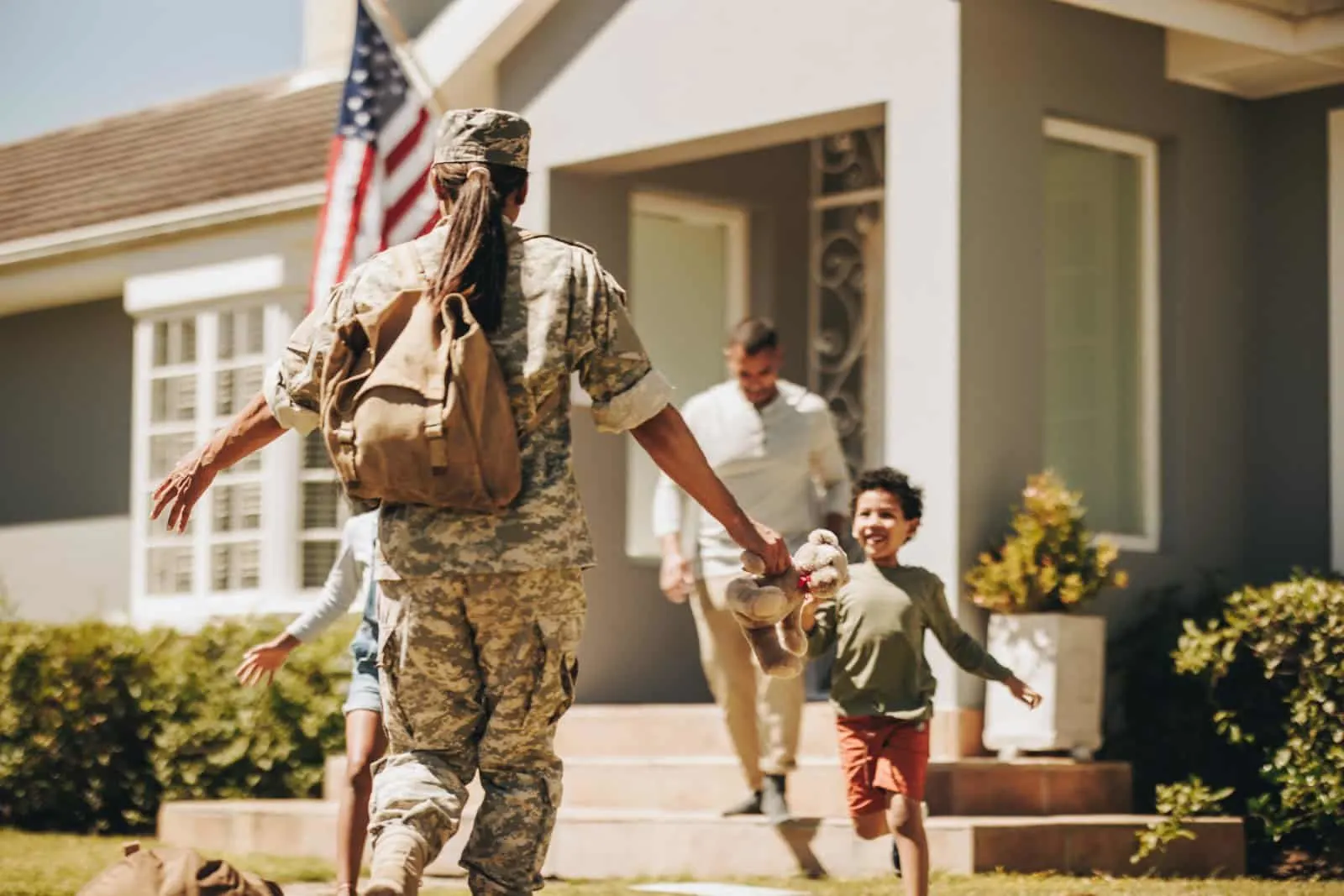
Image Credit: Shutterstock / Jacob Lund
More than just a greeting in Hawaii, “aloha” embodies the spirit of love, peace, and compassion, often used to welcome visitors to the islands or bid farewell.
12. “Mushing”
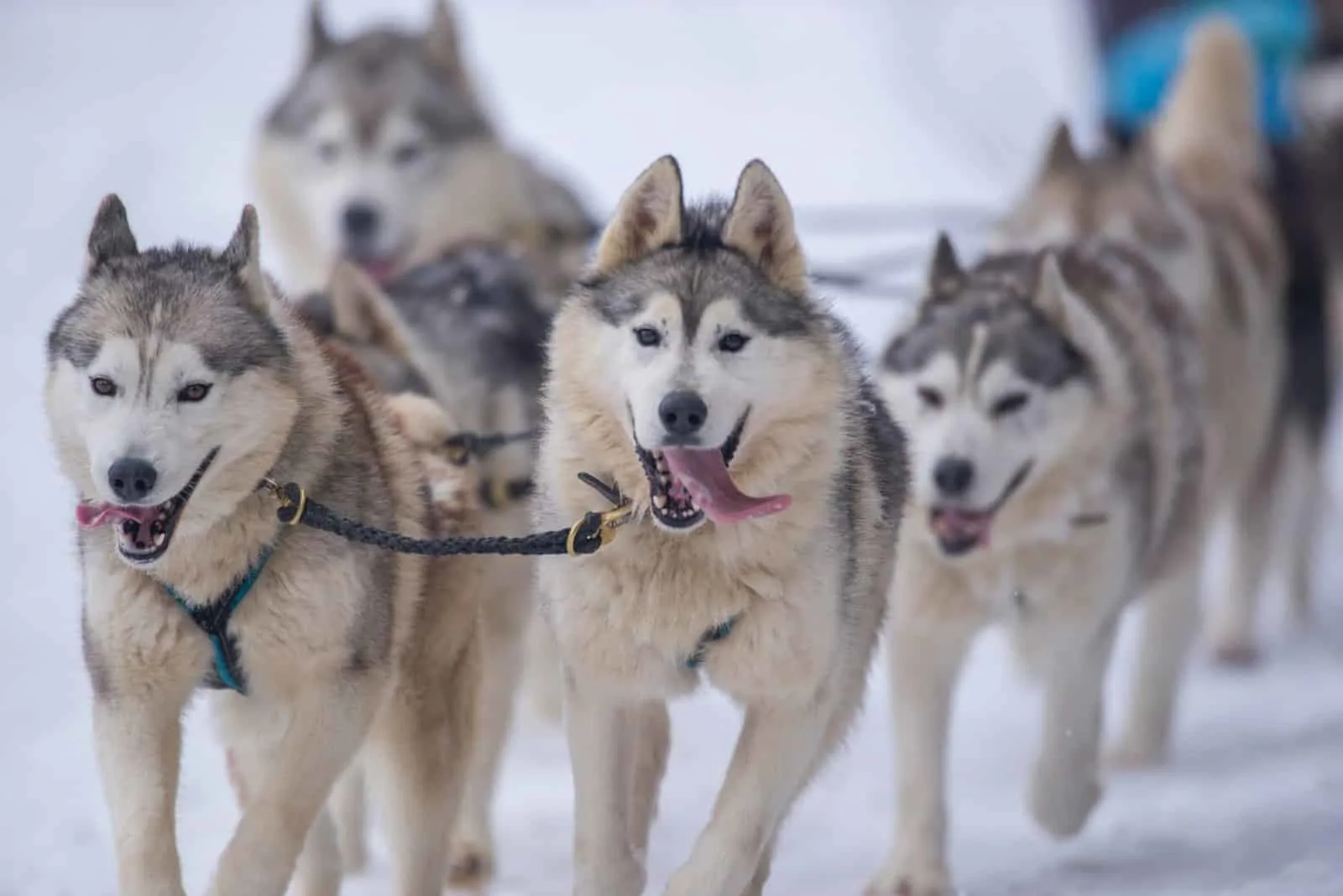
Image Credit: Shutterstock / Adrian Dedu
Associated with Alaska, “mushing” refers to driving a dogsled, a traditional mode of transportation in the snowy terrain.
13. “The Coast is Clear”
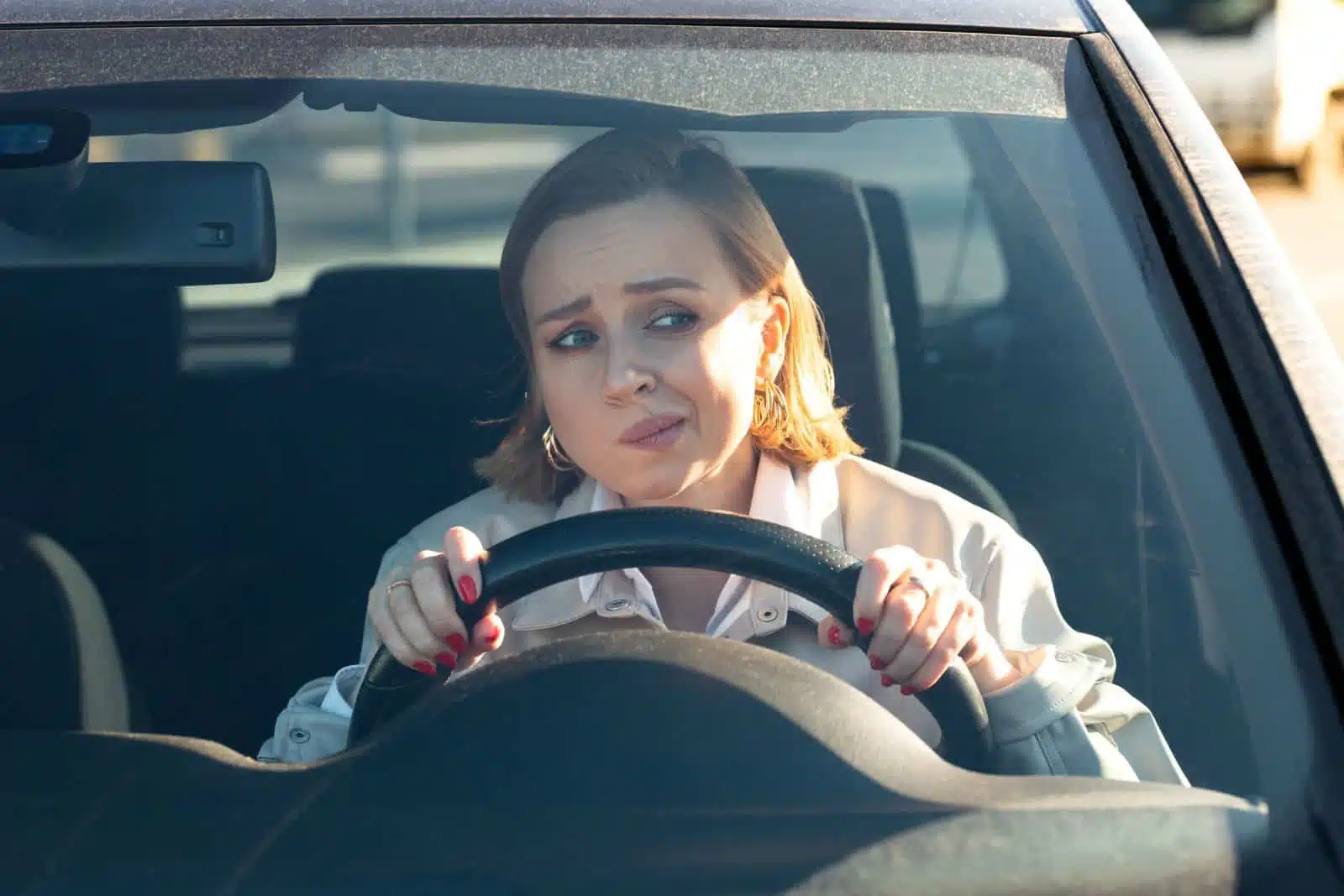
Image Credit: Shutterstock / DimaBerlin
A Pacific Northwest expression indicating it’s safe to proceed, often used metaphorically.
14. “Snowbird”
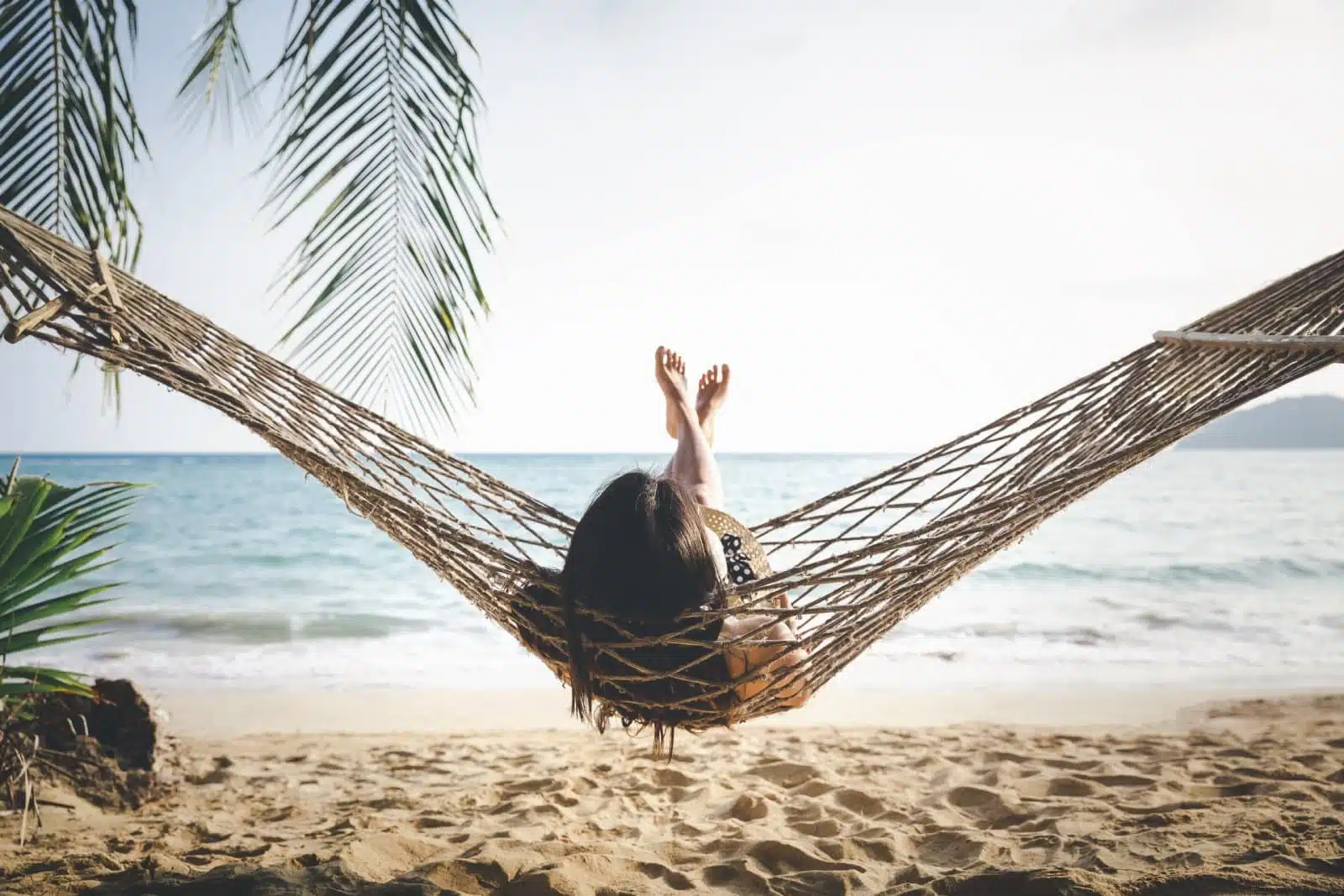
Image Credit: Shutterstock / Peera_stockfoto
Used in Florida, it refers to people, usually retirees, who migrate to warmer climates during winter.
15. “Haboob”
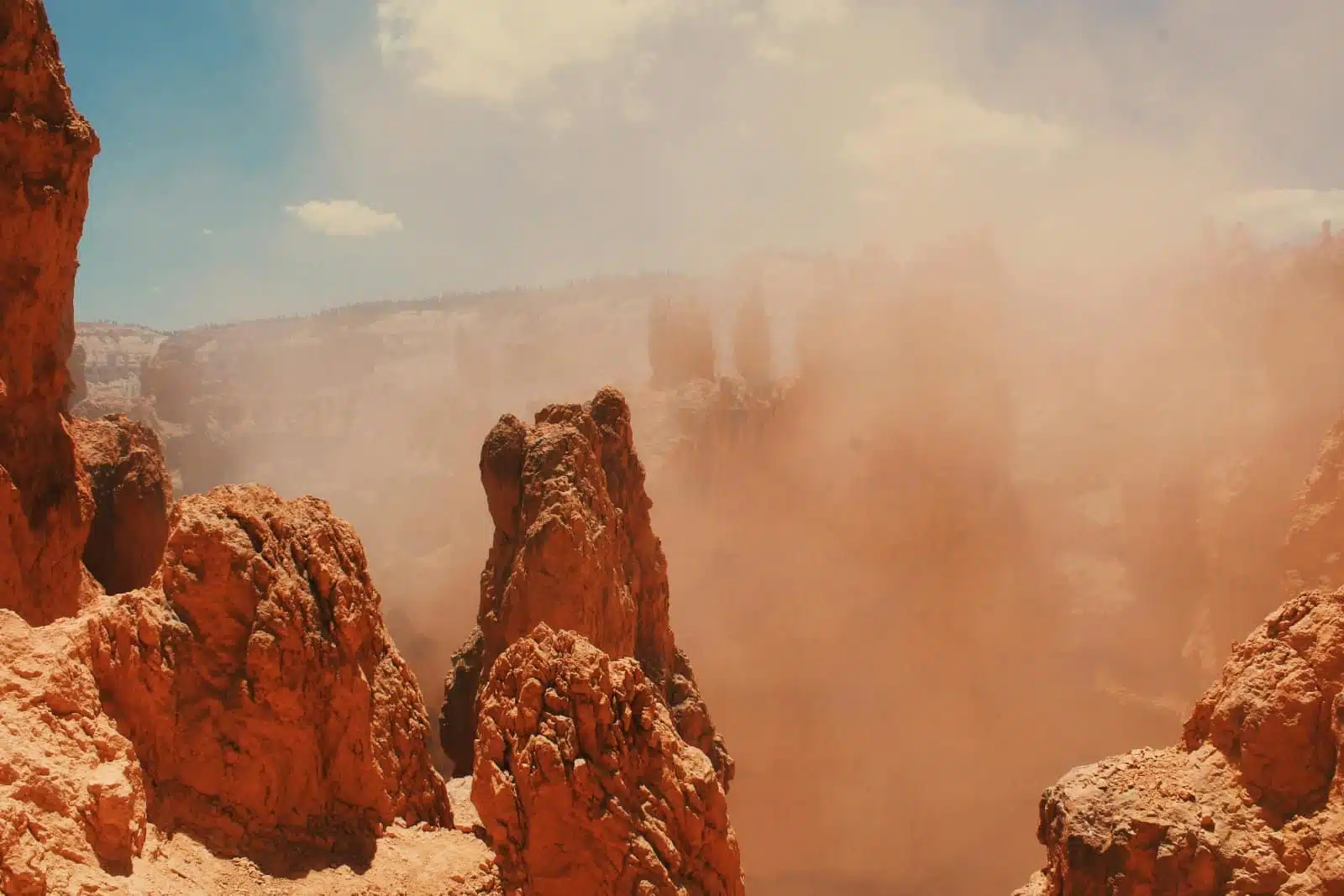
Image Credit: Pexels / Noelle Otto
Heard in the Southwest, particularly in Arizona and New Mexico, it describes an intense dust storm common in arid regions.
16. “Bubbler”
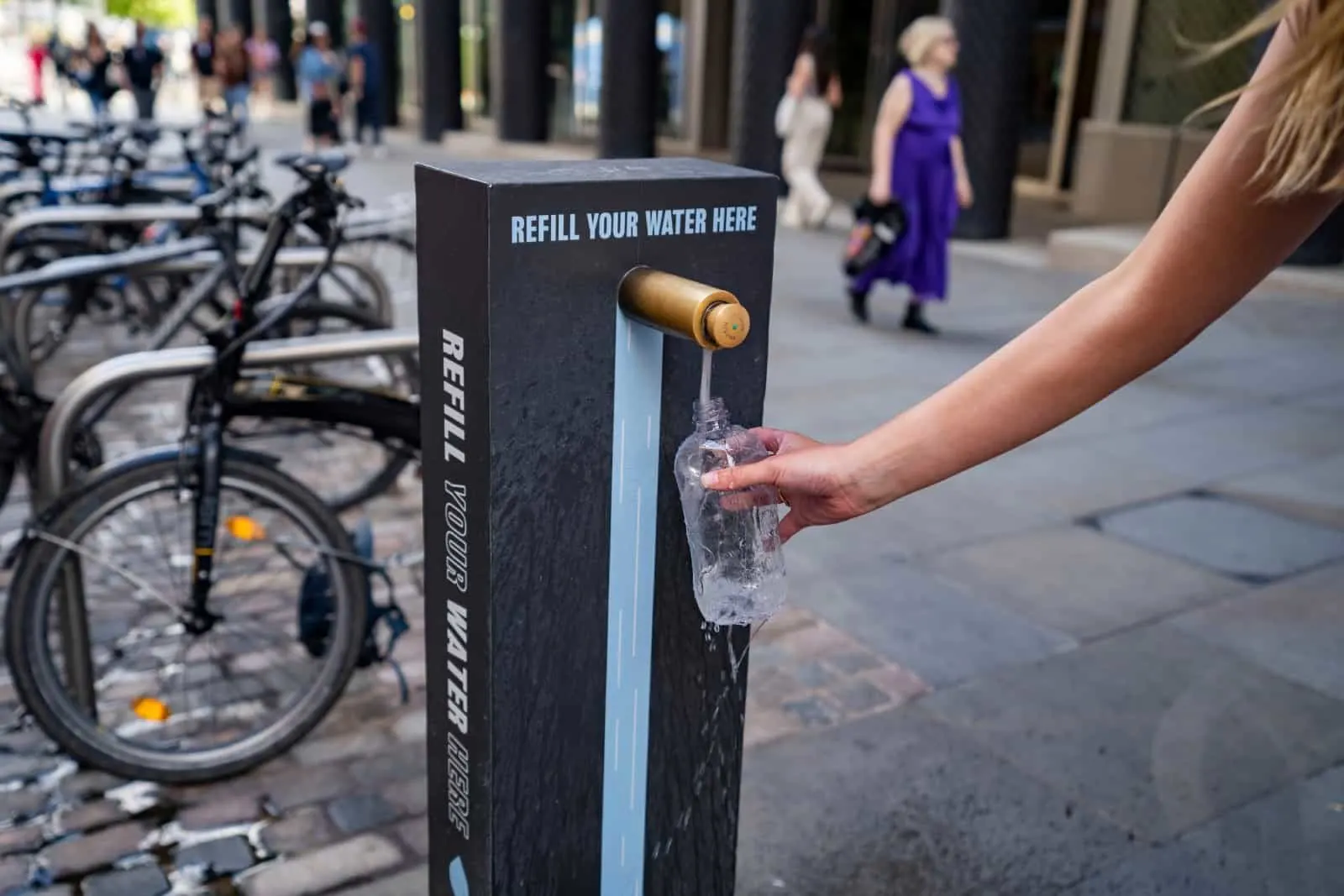
Image Credit: Shutterstock / Octus_Photography
Unique to Wisconsin and parts of New England, it means a drinking fountain or water fountain. For instance, one might ask, “Can I get a drink from the bubbler?”
17. “Lagniappe”

Image Credit: Shutterstock / Drazen Zigic
From New Orleans, it means a little something extra, often given as a bonus or unexpected gift. For example, a store might offer a small additional item as lagniappe with a purchase.
18. “Sunbreak”
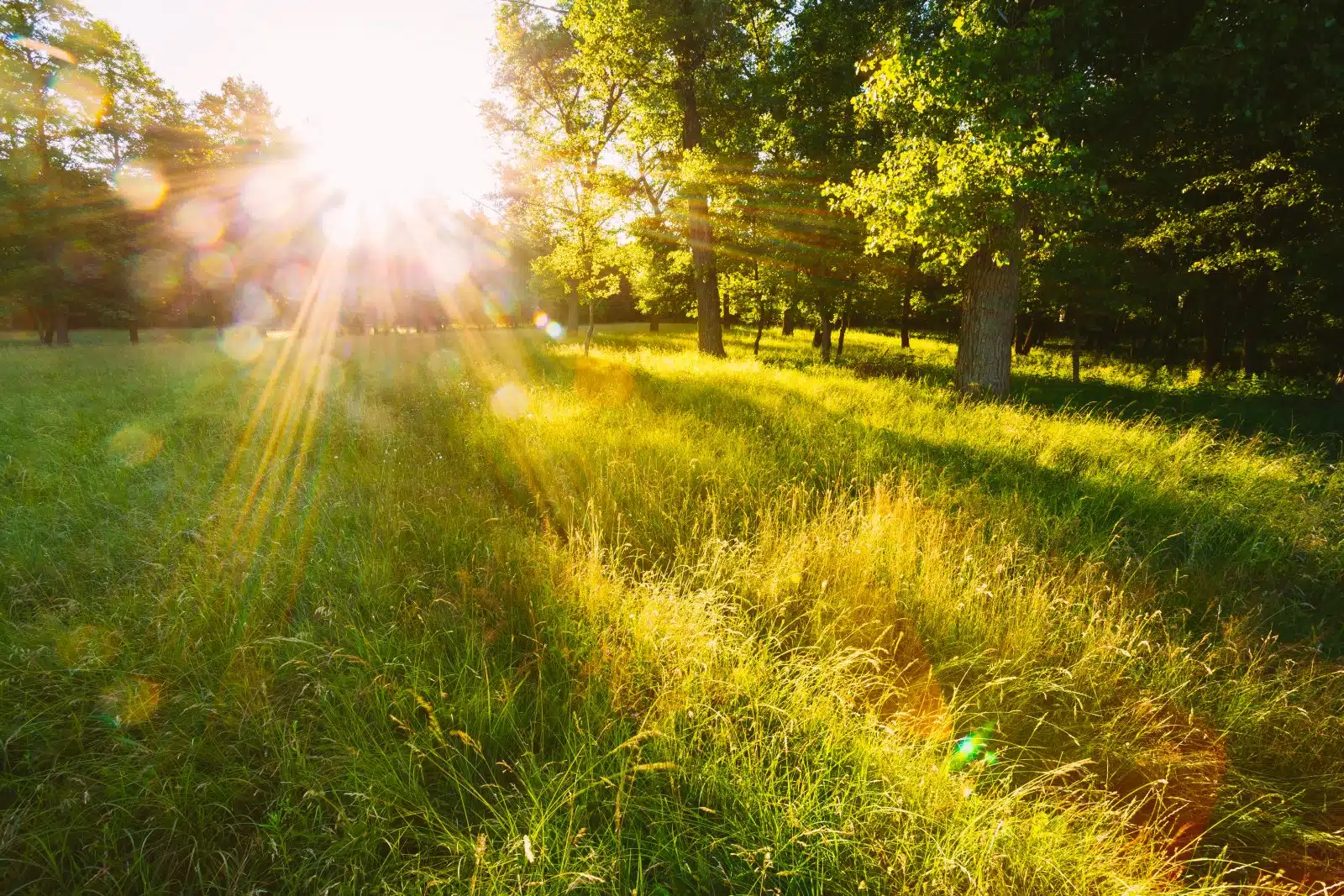
Image Credit: Shutterstock / George Trumpeter
Used in the Pacific Northwest, especially Oregon, to describe a brief period of sunshine amidst cloudy or rainy weather.
19. “Holler”
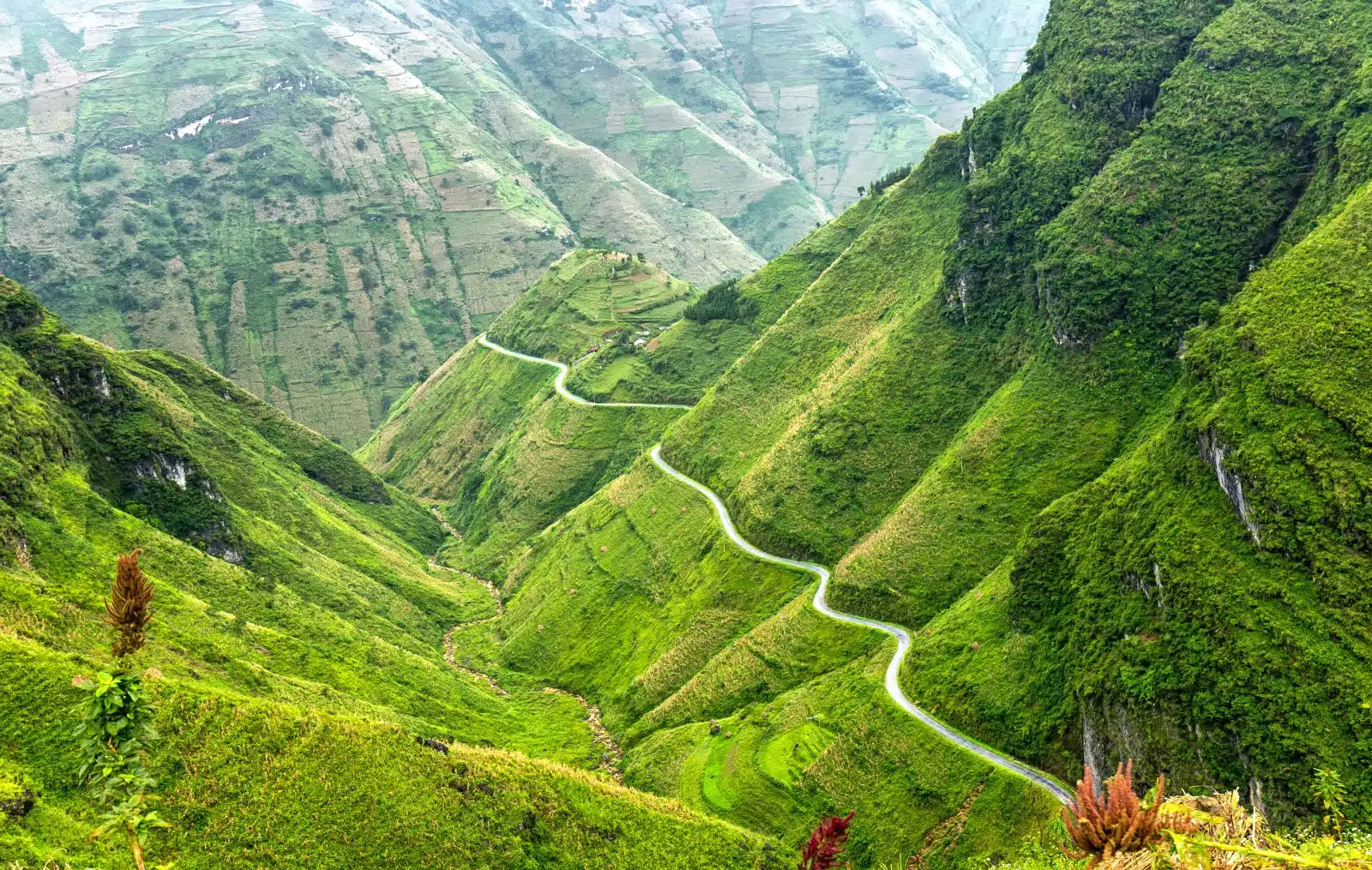
Image Credit: Shutterstock / Huy Thoai
Heard in the Appalachian Region, it refers to a small valley between mountains, often used in Southern Appalachia.
20. “Yooper”
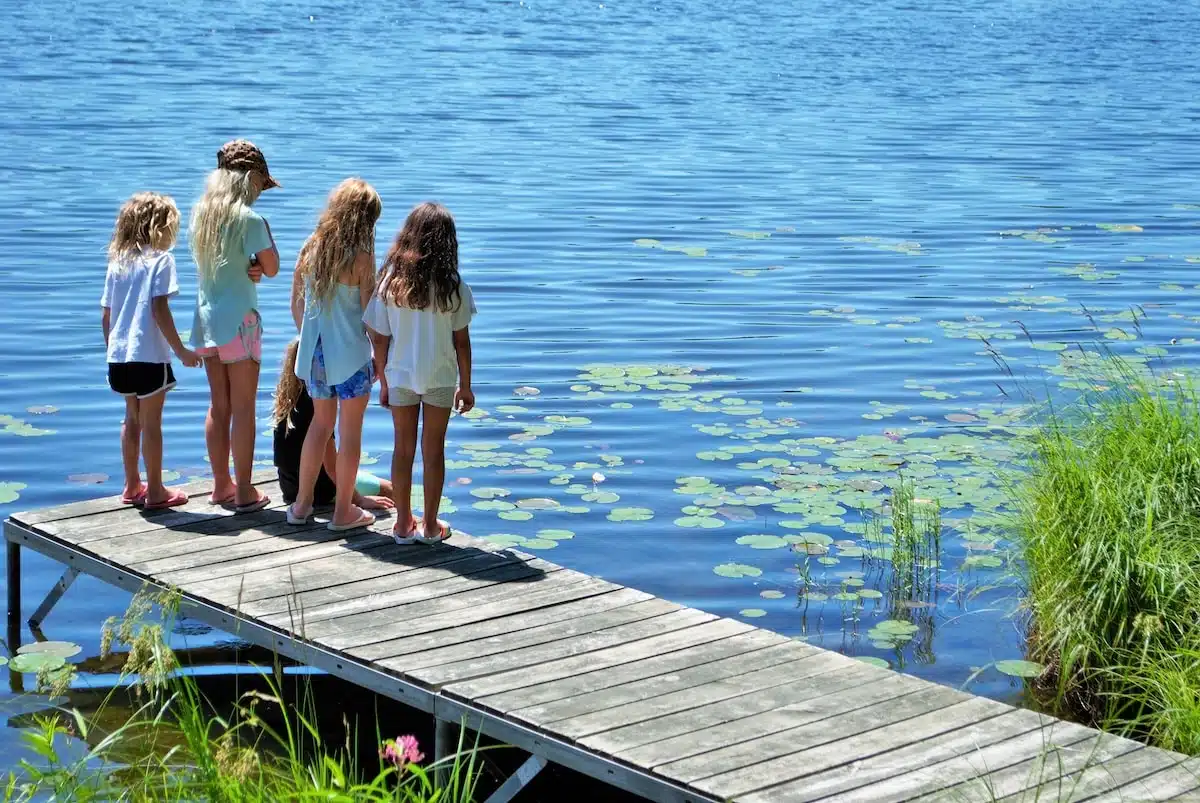
Image Credit: Shutterstock / Picture This Images
A term from Michigan’s Upper Peninsula, known for its distinct culture and dialect. For example, one might say, “He’s a true Yooper, born and raised in the UP.”
More From The Green Voyage
Top 10 Trending Travel Destinations 2024
6 Essential Banking Apps for International Travel – Managing Your Finances on the Go
Traveling With Kids – 10 Tips to Create Memorable Family Holidays
The post 20 Quirky American Phrases That Confound Foreigners: From ‘Mad Tight’ to ‘Lagniappe’ first appeared on The Green Voyage.
Featured Image Credit: Pexels / Andrea Piacquadio.
For transparency, this content was partly developed with AI assistance and carefully curated by an experienced editor to be informative and ensure accuracy.
Tips for Trip Success
Book Your Flight
Find an inexpensive flight by using Kayak, a favorite of ours because it regularly returns less expensive flight options from a variety of airlines.
Book Your Hotel or Special Accommodation
We are big fans of Booking.com. We like their review system and photos. If we want to see more reviews and additional booking options, we go to Expedia.
You Need Travel Insurance!
Good travel insurance means having total peace of mind. Travel insurance protects you when your medical insurance often will not and better than what you get from your credit card. It will provide comprehensive coverage should you need medical treatment or return to the United States, compensation for trip interruption, baggage loss, and other situations.Find the Perfect Insurance Plan for Your Trip
